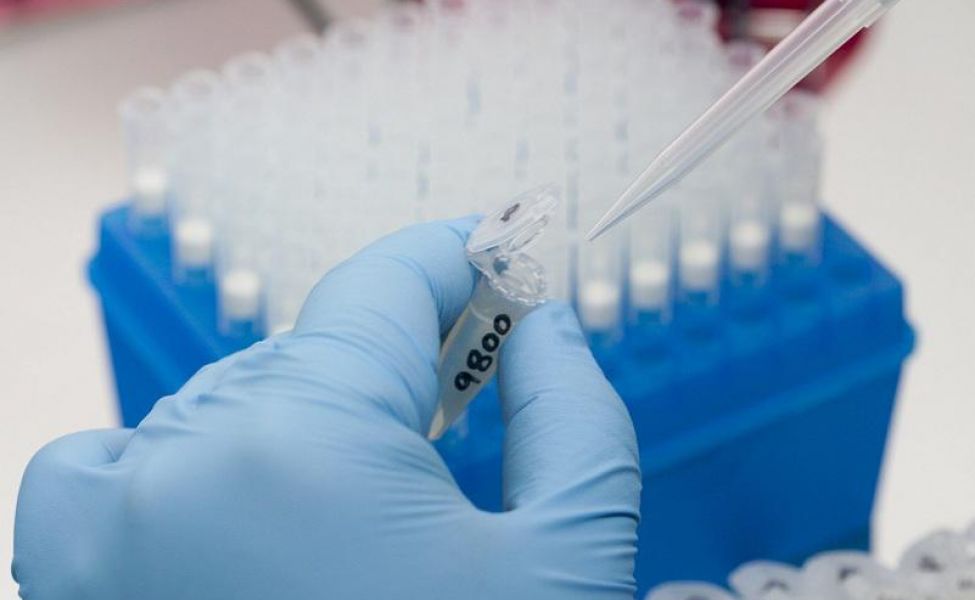
The study was published online Thursday in the Journal of the American Medical Association
Researchers at Washington University School of Medicine in St. Louis have found in a preliminary study that the drug fluvoxamine seems to prevent some of the most serious complications of COVID-19 patients and make hospitalization and the need for supplemental oxygen less likely, Xinhua reports..
In an innovative twist to research during the pandemic, the study, involving 152 patients infected with SAR-CoV-2, the virus that causes COVID-19, was conducted remotely. When a symptomatic patient tested positive and enrolled in the study, research staff delivered the medication or inactive placebo to them, along with thermometers, automatic blood pressure monitors and fingertip oxygen sensors.
For two weeks, subjects took either the antidepressant drug or placebo sugar pills while having daily interactions with members of the research team via phone or computer. That allowed patients to report on their symptoms, oxygen levels and other vital signs. If patients suffered shortness of breath or were hospitalized for pneumonia, or their oxygen saturation levels fell below 92 percent, their conditions were considered to have deteriorated.
After 15 days, none of the 80 patients who had received the drug experienced serious clinical deterioration. Meanwhile, six or 8.3 percent of the 72 patients given placebo became seriously ill, with four requiring hospitalization.
"There are several ways this drug might work to help COVID-19 patients, but we think it most likely may be interacting with the sigma-1 receptor to reduce the production of inflammatory molecules," said senior author Angela M Reiersen, an associate professor of psychiatry. "Past research has demonstrated that fluvoxamine can reduce inflammation in animal models of sepsis, and it may be doing something similar in our patients."
Reiersen said the drug's effects on inflammation could prevent the immune system from mounting an overwhelming response, which is thought to occur in some COVID-19 patients who seem to improve after a few days of illness and then worsen. Many of those patients end up hospitalized, and some die.
In the next few weeks, the researchers will begin a larger study, using mobile and internet technology to conduct clinical trials throughout the United States.
Fluvoxamine is used commonly to treat obsessive-compulsive disorder (OCD), social anxiety disorder and depression. It is in a class of drugs known as selective serotonin-reuptake inhibitors (SSRIs), but unlike other SSRIs, fluvoxamine interacts strongly with a protein called the sigma-1 receptor. That receptor also helps regulate the body's inflammatory response.
The study was published online Thursday in the Journal of the American Medical Association.
















